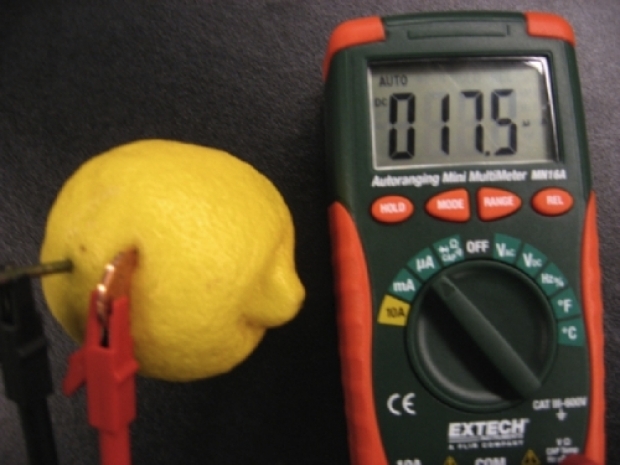If they can get it to go properly, the new battery can store more power and can be recharged more than 30,000 times. Normally after 18 months, smartphone batteries degrade and start to lose power faster. If they were replaced with supercapacitors, you could charge your mobile phone in a few seconds and you wouldn't need to charge it again for over a week
A lithium-ion battery can be charged less than 1,500 times before it starts to degrade. The new process created by UCF in comparison can yield a supercapacitor that does not degrade after it has been recharged 30,000 times.
Yeonwoong "Eric" Jung, an assistant professor working with the NanoScience Technology Center and the Materials Science & Engineering Department, is working with the UCF team to patent the new process.
"It's not ready for commercialisation. But this is a proof-of-concept demonstration, and our studies show there are very high impacts for many technologies," Jung said.




